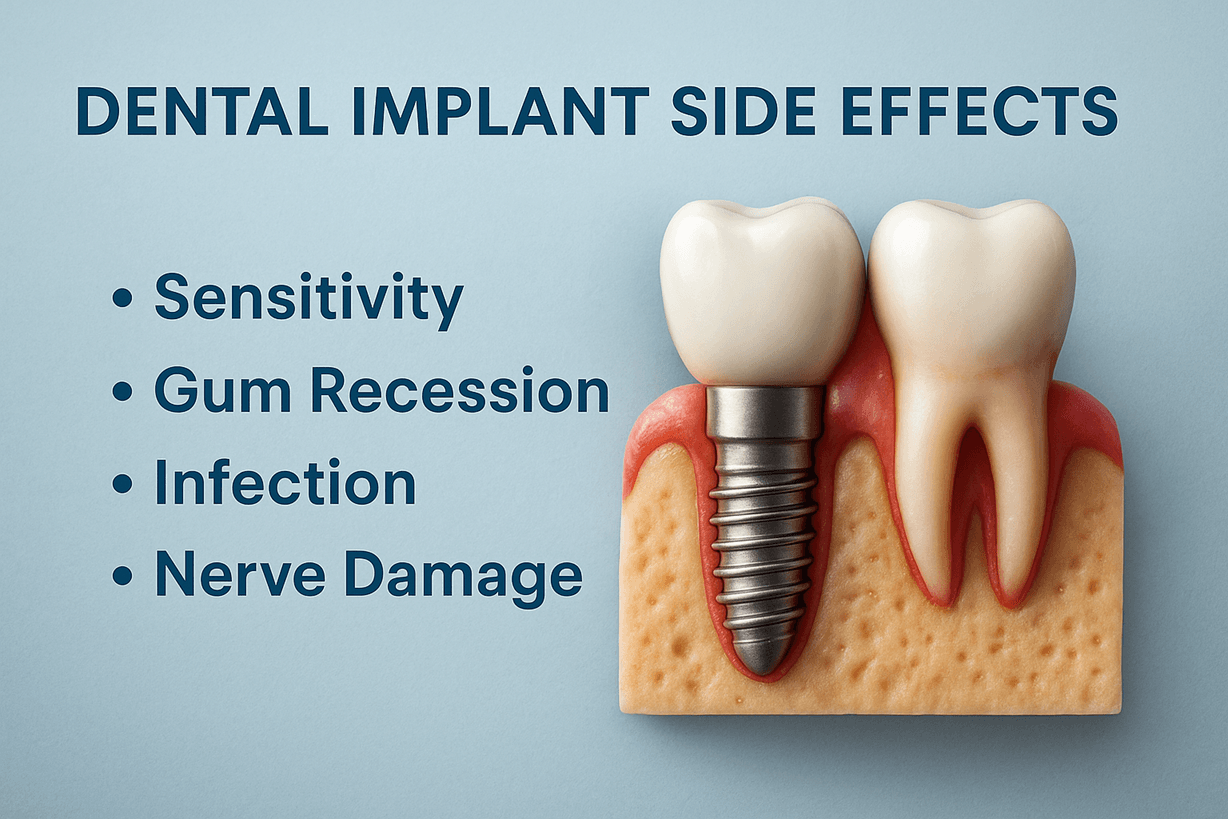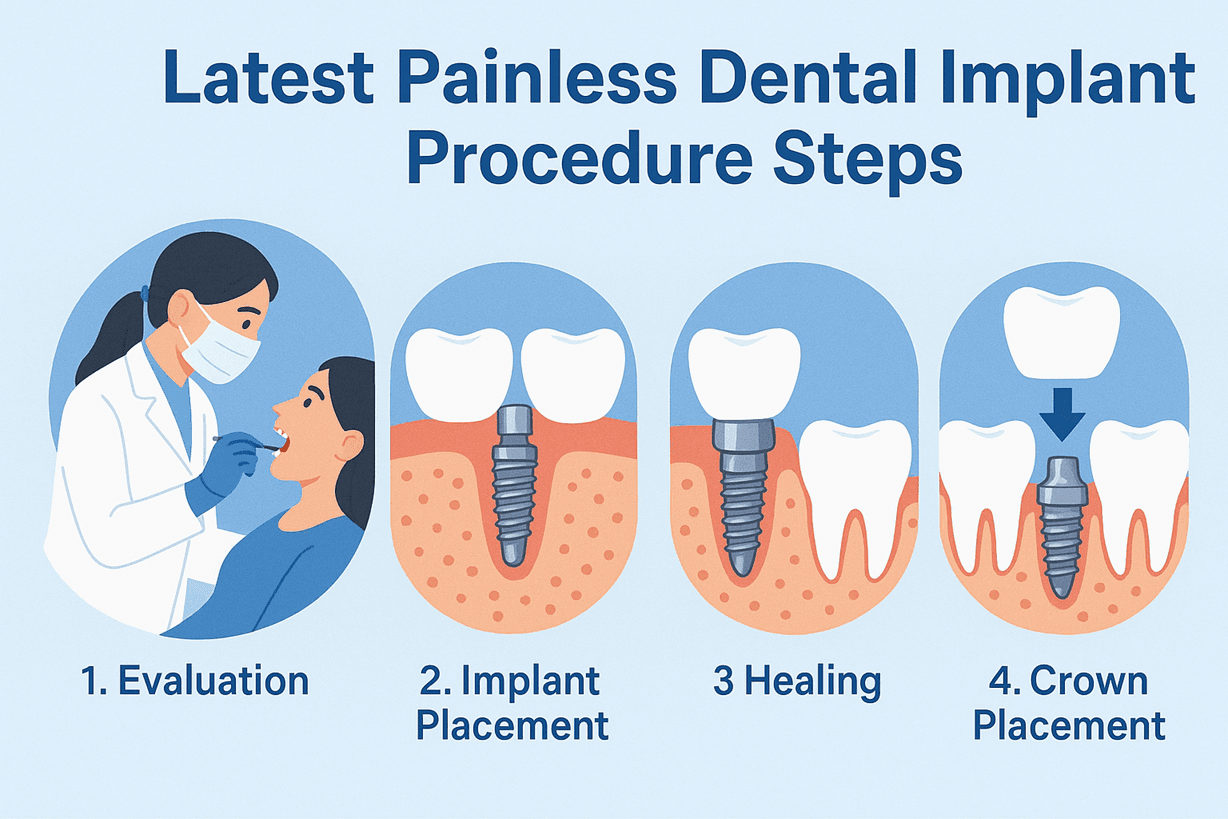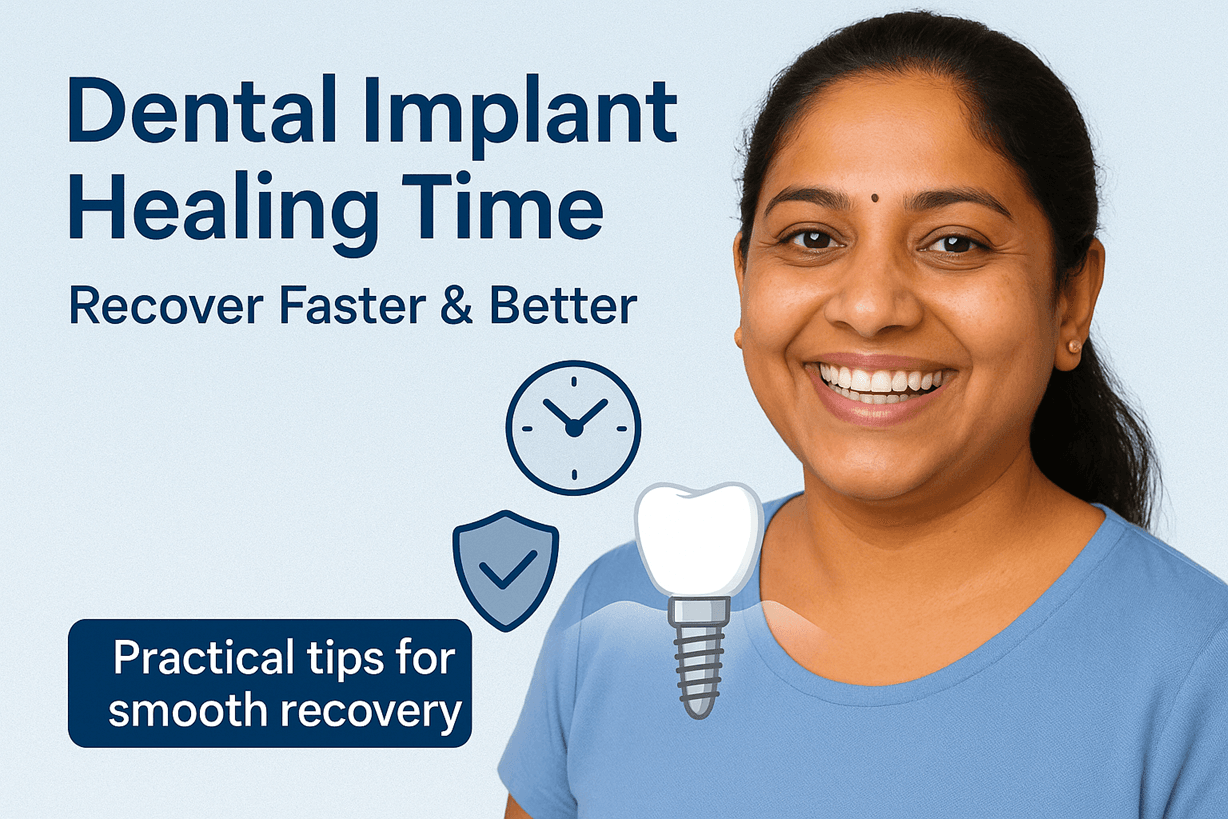Contents

After wisdom teeth extraction, it’s common to feel a range of emotions. Depending on your age and general health, you could experience stress, anxiety, disappointment, or even relief.
In many cases, the feeling of relief after wisdom teeth removal is undeniable.
The constant pain that comes with having problematic wisdom teeth can cause severe irritation and discomfort, which is why most people opt to have them removed as soon as possible.
When you have wisdom teeth removed, you might experience some pain and discomfort and sometimes in most cases, your tooth will grow back in time.
If not, your root canal treatment should help repair the damage. The good news is that there are things you can do to help ease the pain and avoid any future problems after your operation.
Keep reading for details about what to expect after wisdom teeth removal and how to care for yourself afterwards.
Before Wisdom Teeth Removal Operation
When it comes to wisdom teeth, there are two main questions patients have: When should my wisdom teeth be removed, and how?
Here are a few things you can do before your wisdom teeth are extracted to reduce your risk of experiencing pain.
First, you can eat soft foods like pudding or mashed potatoes. Avoid crunchy foods, such as celery and potato chips.
You can also try eating ice cream or yoghurt because they are good pain relievers.
Avoiding these foods should help prevent tooth pain. You can also take ibuprofen acetaminophen, or over-the-counter pain relievers, to help ease your discomfort.
Ask your dentist or dental care provider what they recommend.
Know what to expect before Wisdom Teeth Removal
While you may want to immediately start planning your honeymoon after your wisdom teeth removal, that's not always a realistic expectation. It can be detrimental to your recovery if you do so prematurely.
You should ideally only have one wisdom tooth removed at a time because that way you'll have less pain and healing time. Your surgeon will most likely schedule you to return for one or two follow-up appointments so he or she can monitor your recovery.
To make the most of your recovery time, you should know what to expect before the operation. For instance, you should know what to expect regarding anaesthesia and what to expect in the recovery room.
When you're under anaesthesia, you won't have any pain or discomfort. You will be awake and able to eat, drink, and answer questions. If you're having one wisdom tooth removed, you will likely be given a sedative to help you relax.
Another thing you should know is that your mouth will likely swell while you're healing. This is because the surgery caused some damage to your gums and other mouth tissues. Your mouth will return to normal after about a week.
After Wisdom Teeth Removal Operation
During the recovery room stay, you will be hooked up to an IV. This will help you get fluids quickly after your operation. Your doctor will tell you when you can eat and drink.
As your stitches come out, you can attempt to gently massage the area for pain relief. You can also ask your doctor for painkillers. After your operation, you might have a dry mouth that can cause you to feel nausea or pain.
If so, try sipping water every few hours. Also, try chewing sugar-free gum or sucking on hard candy to help your mouth stay moist.
Know what to expect after wisdom teeth removal
After your surgery, you will be taken straight to the recovery room. You will stay there for a few hours. During this time, your doctor will check your vital signs and the area where they removed your wisdom teeth.
The doctor will also remove any packing they used to help keep your wound sterile and clean your area. After your operation, you will be able to eat soft foods, drink clear liquids, and drink iced water.
If you have any stitches in your mouth, you can try to eat and drink as soon as possible to relieve any pain. Your doctor will tell you when to take your stitches out.
It is normal to have a dry mouth and feel a bit nauseous after your operation. Try sipping water every few hours or chewing sugar-free gum to help your mouth stay moist.
Do's to Help Ease the Pain and Discomfort
- Before the painkillers kick in, you should try some natural remedies to help ease pain and discomfort. For instance, you can try warm compresses that are filled with ginger or turmeric.
- You can also try chewing ice cubes or drinking ice water to reduce swelling.
- You can also take painkillers prescribed by your doctor to help you get through the pain. You can also take aspirin if you have an infection.
- You can also try chewing on aspirin tablets to help you pass any remaining teeth while they're still embedded in your gums.
- You can also massage your jaw muscles to help your mouth heal. Massaging your jaw muscles can ease the discomfort caused by any jaw pain or swelling.
- Another way to keep your mouth moist is to suck on hard candy. Chewing sugar-free gum can also help in this regard. - Take painkillers: As soon as you can, try to get painkillers into your system. Ask your doctor when you can have them.
Don'ts to Help Ease the Pain and Discomfort
- Keeping your head elevated and drinking ice water or ginger tea are good, natural ways to reduce pain and swelling.
- If you have a dental implant that's placed in your jaw, try not to bite down on anything while you're healing. Biting on anything can damage the implant and cause more pain and swelling.
- Do not drink water with food! This will only make your mouth dryer. Instead, sip on water with tea or other non-alcoholic liquids.
- Avoid spicy or greasy foods as much as you can. Eating something while your mouth is still sore will only irritate the wound.
- Milk lovers, you have been warned! Since milk is full of bacteria, it will only build up in your mouth. Instead, use milk in your cereal or other foods that are less likely to build up bacteria.
- Finally, stick to liquid foods for a while. Chewing slowly while your mouth is still sore will only cause more pain.
Conclusion
Wisdom teeth are still present in the mouths of half of people at some point in their lives. They're usually removed for several reasons, including the fact that they are too large, crowded, or just plain ugly.
While your wisdom teeth can be a nuisance in some ways, they're also an opportunity for you to get your teeth cleaned and checked regularly.
If you want to prevent any future issues from arising from having your wisdom teeth removed, you can try eating softer foods while avoiding crunchy and hard-to-chew foods.
You can also try chewing ice cubes to reduce swelling and relieve pain.



